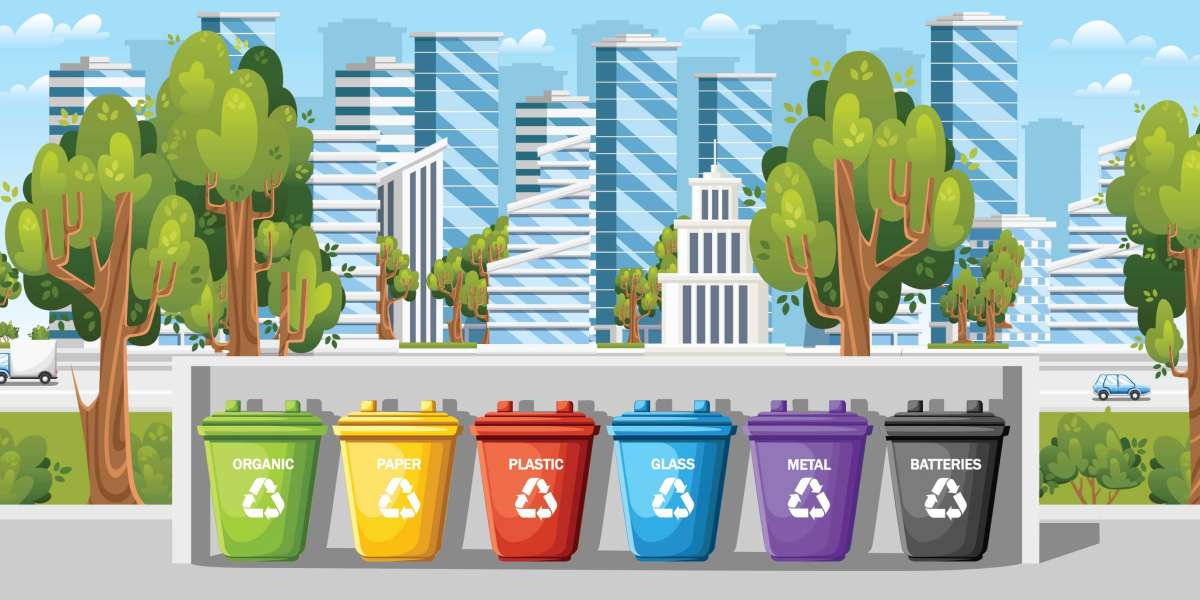Innovations in Recycling
As technology advances, so do the innovations in recycling. Here are some of the latest developments in the recycling industry:
- Chemical recycling: This process breaks down plastics into their molecular components, which can then be used to create new products. Chemical recycling has the potential to recycle plastics that are currently not recyclable, such as multi-layered packaging materials.
- Biodegradable plastics: These plastics are designed to break down in the environment, reducing the amount of plastic waste that ends up in landfills and oceans. Biodegradable plastics are made from renewable resources and can be composted or recycled.
- 3D printing: This technology has the potential to revolutionize recycling by allowing products to be broken down into their component parts and then reprinted into new products. This could reduce the need for raw materials and reduce waste.
- Smart recycling bins: These bins use sensors and artificial intelligence to sort and separate recyclables, making the recycling process more efficient and reducing contamination.
Challenges in Recycling
While there are many innovations in recycling, there are also many challenges that need to be addressed. Here are some of the challenges facing the recycling industry:
- Contamination: Contamination occurs when non-recyclable materials are mixed in with recyclables, making them unsuitable for recycling. Contamination can occur at any point in the recycling process, from collection to processing.
- Lack of infrastructure: Recycling infrastructure varies widely across the world, with some areas having sophisticated recycling systems and others having none at all. This can make it difficult to recycle certain materials, such as electronics and hazardous waste.
- Cost: Recycling can be expensive, especially when compared to landfilling. This can make it difficult for recycling programs to be financially sustainable, particularly in areas with low recycling rates.
- Consumer behavior: Recycling relies on consumers to correctly sort and dispose of their waste. However, many consumers are confused about what can and cannot be recycled, leading to contamination and reduced recycling rates.
The Role of Individuals in the Future of Recycling
While governments and businesses play a significant role in the future of recycling, individuals also have a crucial role to play. Here are some ways individuals can contribute to the future of recycling:
- Educating themselves: By educating themselves on what can and cannot be recycled, individuals can reduce contamination and increase recycling rates.
- Reducing waste: By reducing waste in the first place, individuals can reduce the amount of waste that needs to be recycled. This can be done by using reusable products, composting, and avoiding single-use plastics.
- Supporting recycling programs: By supporting recycling programs through participation and advocacy, individuals can help ensure that recycling remains a priority for governments and businesses.
- Investing in sustainable products: By investing in sustainable products, individuals can support companies that prioritize sustainability and reduce the demand for products that are difficult to recycle.
The Future of Recycling
The future of recycling is bright, with new technologies and innovations constantly being developed. However, addressing the challenges facing the recycling industry will require a concerted effort from governments, businesses, and individuals. By working together, we can create a future where waste is minimized, resources are conserved, and the environment is protected.
If you're interested in learning more about recycling, consider exploring the waste recycling price list offered by local waste management companies. These companies can provide you with information on the cost of recycling and the different types of materials that can be recycled. By taking the time to educate yourself and support recycling programs, you can help create a more sustainable future for all.
If you're looking for reliable and affordable waste recycling services in Perth, look no further than ECO Resources. Our waste recycling price list is available on our website, and we offer a range of recycling solutions for businesses and individuals alike. Whether you need to recycle construction waste, e-waste, or general waste, we have the expertise and equipment to get the job done. Contact us today to learn more about our waste recycling services and how we can help you reduce your environmental impact.








